Dante and the soul of Justinian, VII canto del Paradiso
Pastel on paper on canvas, cm 58 x 36
With frame, cm 68 x 46
This is the seventh song of the Dantesco Paradiso, in which the main encounter is crystallized in the present pastel on paper made in the second half of the nineteenth century.
In the sky of Mercury, where the spirits who worked good for glory are located, Dante meets the soul of Justinian, represented here above the poet. The painting represents the end of Justinian’s speech, when all those souls move away to the sound of angelic citres and of the Osann, Sanctis Deo. It is the evening of Wednesday, April 13 (for others on March 30) of 1300.
The Divine Comedy has inspired from its very beginning the fervent imagination of the greatest artists in history, who have dabbled in the graphic creation of accompanying images to the famous Dante poem, obtaining results that are capable of returning to the reader the dramatic and at the same time ethereal experience of the path of the Supreme Poet in the afterlife. The practice of translating into visual images the Commedia has its roots in the fourteenth century, simultaneously with the first dissemination of the poem itself (the oldest illustrated manuscript dated to us is in fact the Trivulziano of 1337-1338) and, crossing almost uninterrupted centuries, The Commission has already taken a number of initiatives to this end. Only one element remains unchanged from the anonymous 14th century illuminators, passing through Botticelli to modern Rauschenberg: that of the "journey" of Dante, spiritual and physical together, which symbolizes the path of every man.
At the end of his speech, Justinian intones a song in which he praises God, Lord of armies, who enlightens the spirits of this Heaven; the blessed turns to the rhythm of his own song, Shining twice and imitated by the other spirits who, glistening very fast, move away and avoid the gaze of Dante.
Dante is tormented by a doubt that he does not dare to reveal to Beatrice; he is repeatedly urged to do so but because of the reverence that dominates him, he does not decide to speak. Beatrice understood the poet’s question, that is how the punishment (destruction of Jerusalem) of a just act (the passion and death of the redeemer), of the previous song, could have been just, and begins to explain promising that he will solve all doubt.
The object is in good condition
With Ars Antiqua you can defer all amounts up to a maximum of € 7,500 at ZERO RATE, for a total of 15 INSTALLMENTS.
Ex. Tot. € 4,500 = Monthly installment € 300 for 15 months.
Ex. Tot. € 3,600 = Monthly installment € 720 for 5 months.
For amounts over €7,500 or for a longer grace period (over 15 installments), we can provide a custom payment.
Contact us directly to get the best quote.
LIVE TV
- SUNDAY 17.00 - 21.00 Dig.terr. 126 + 809 SKY
- Streaming on our website www.arsantiquasrl.com and on our social networks Facebook and Youtube
All the works proposed by Ars Antiqua are sold accompanied by a certificate of authenticity in accordance with the law and accurate fact sheet.
You can see the works directly at the showroom gallery in Milan, in via Pisacane 55 and 57.
We personally organize transport and deliveries of the works, both for Italy and abroad.



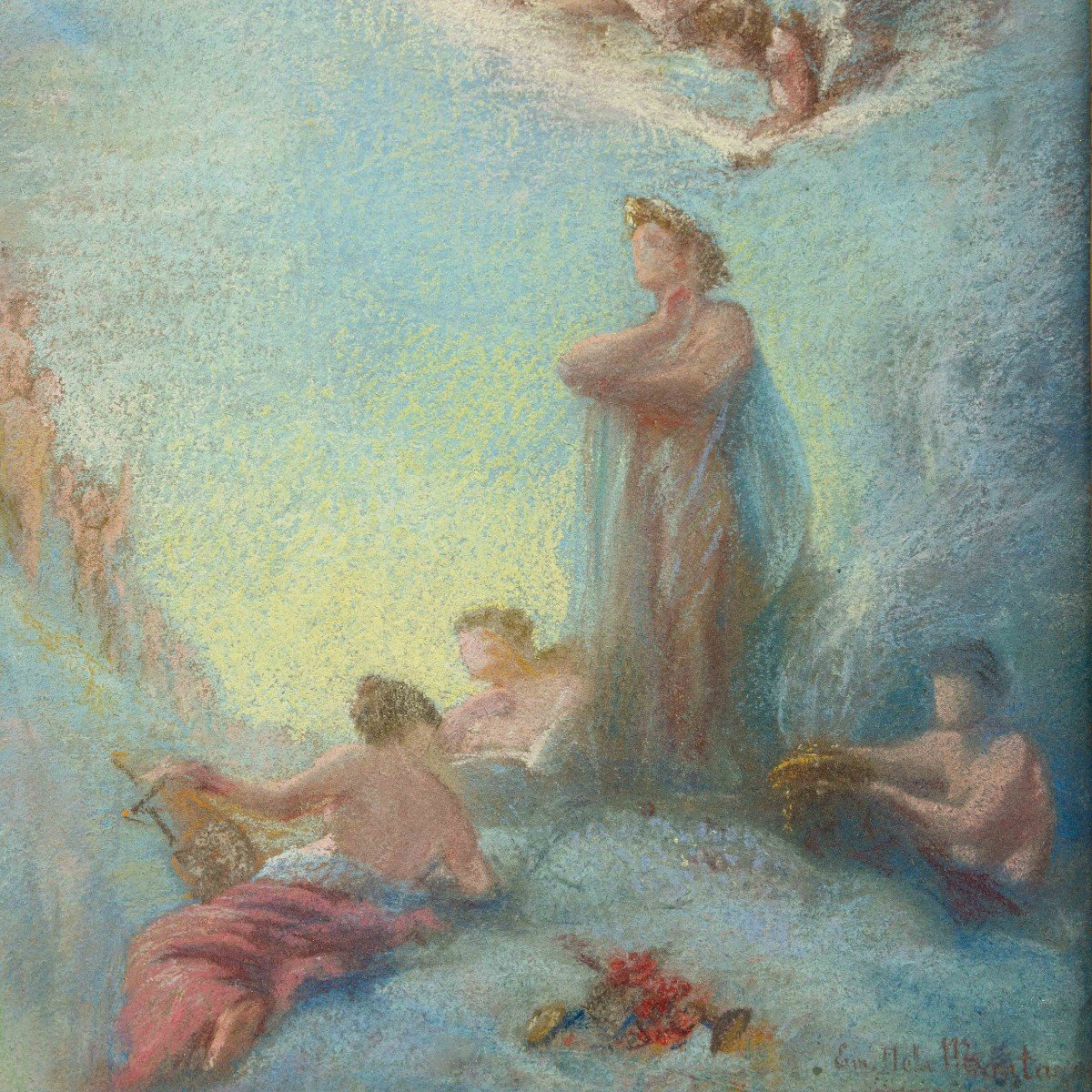

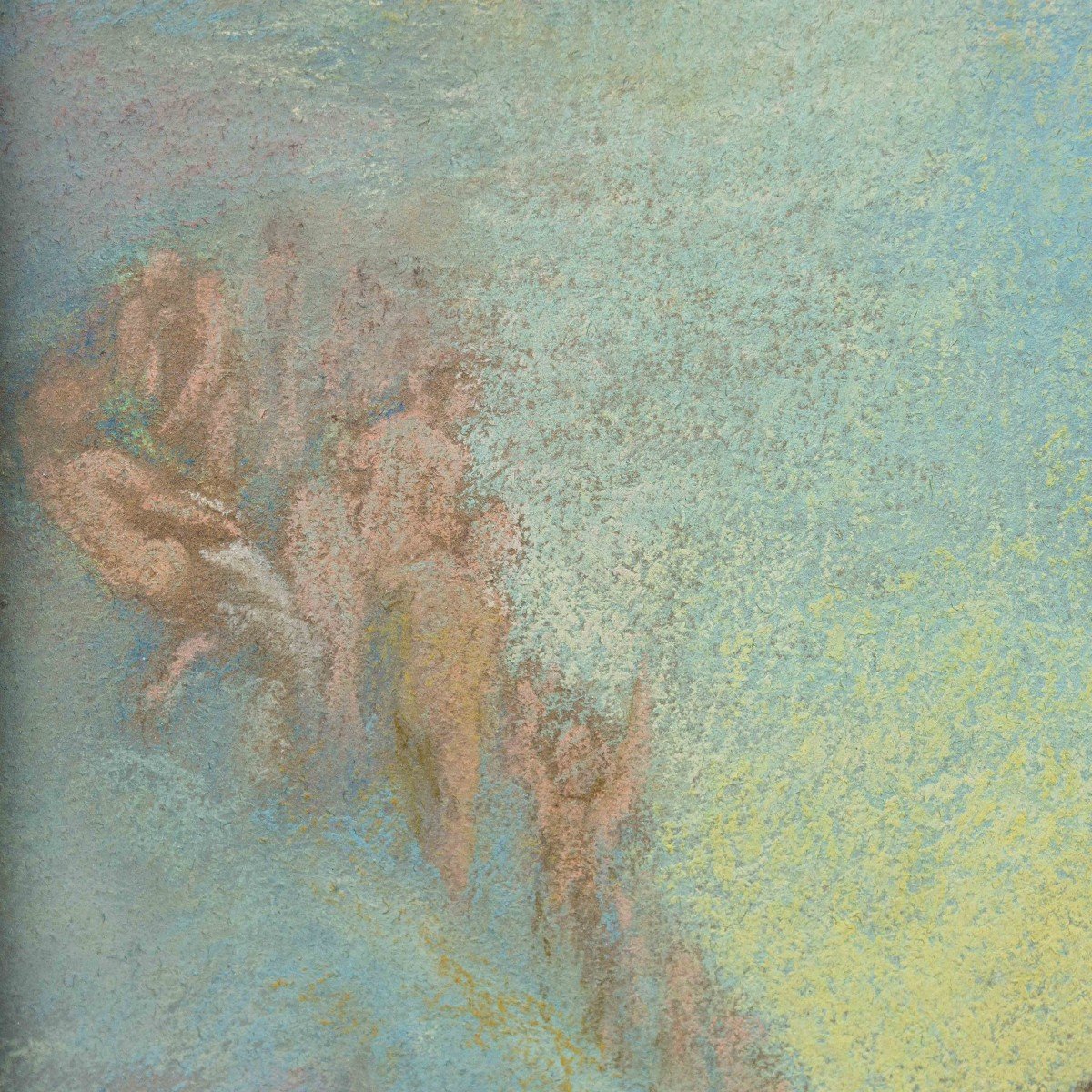
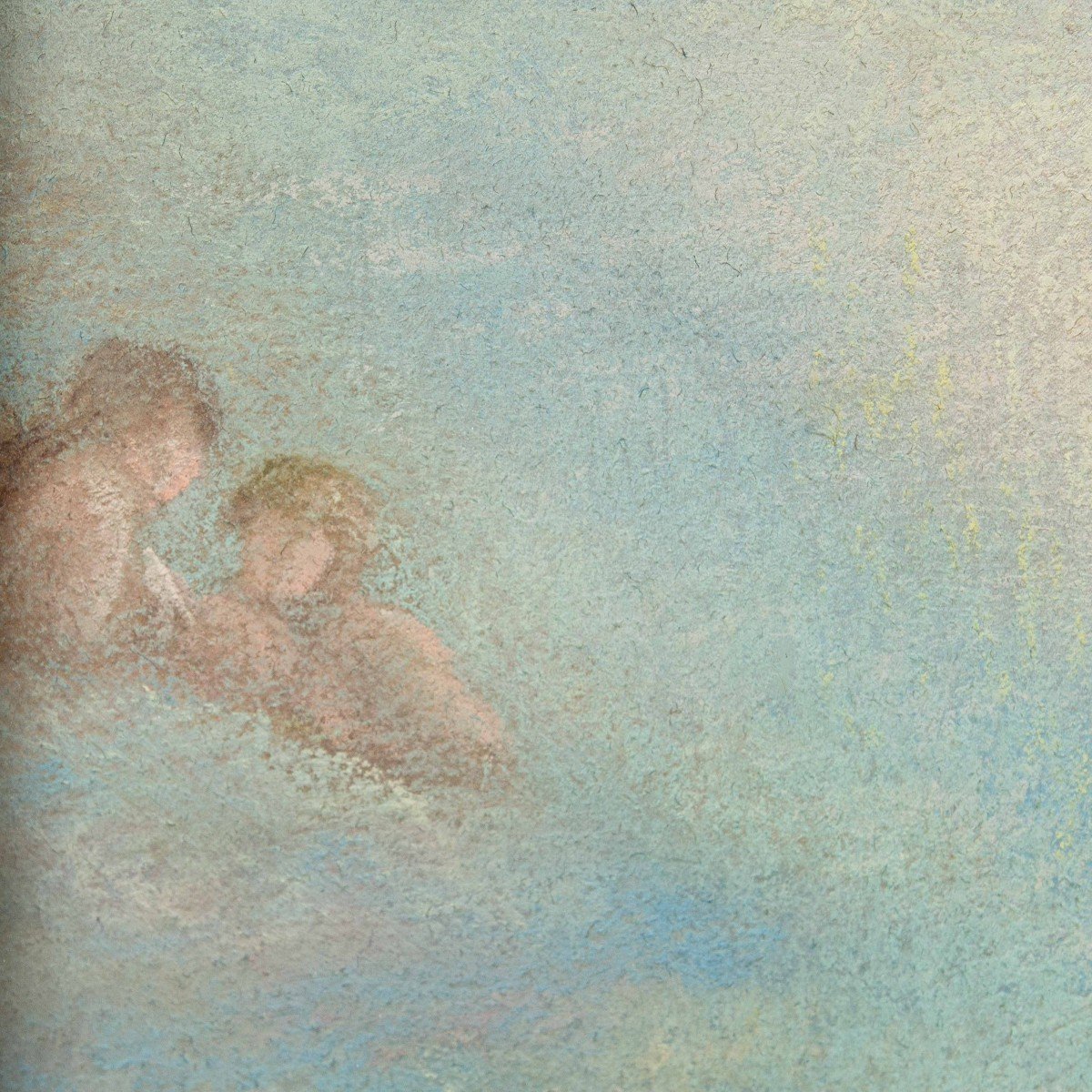
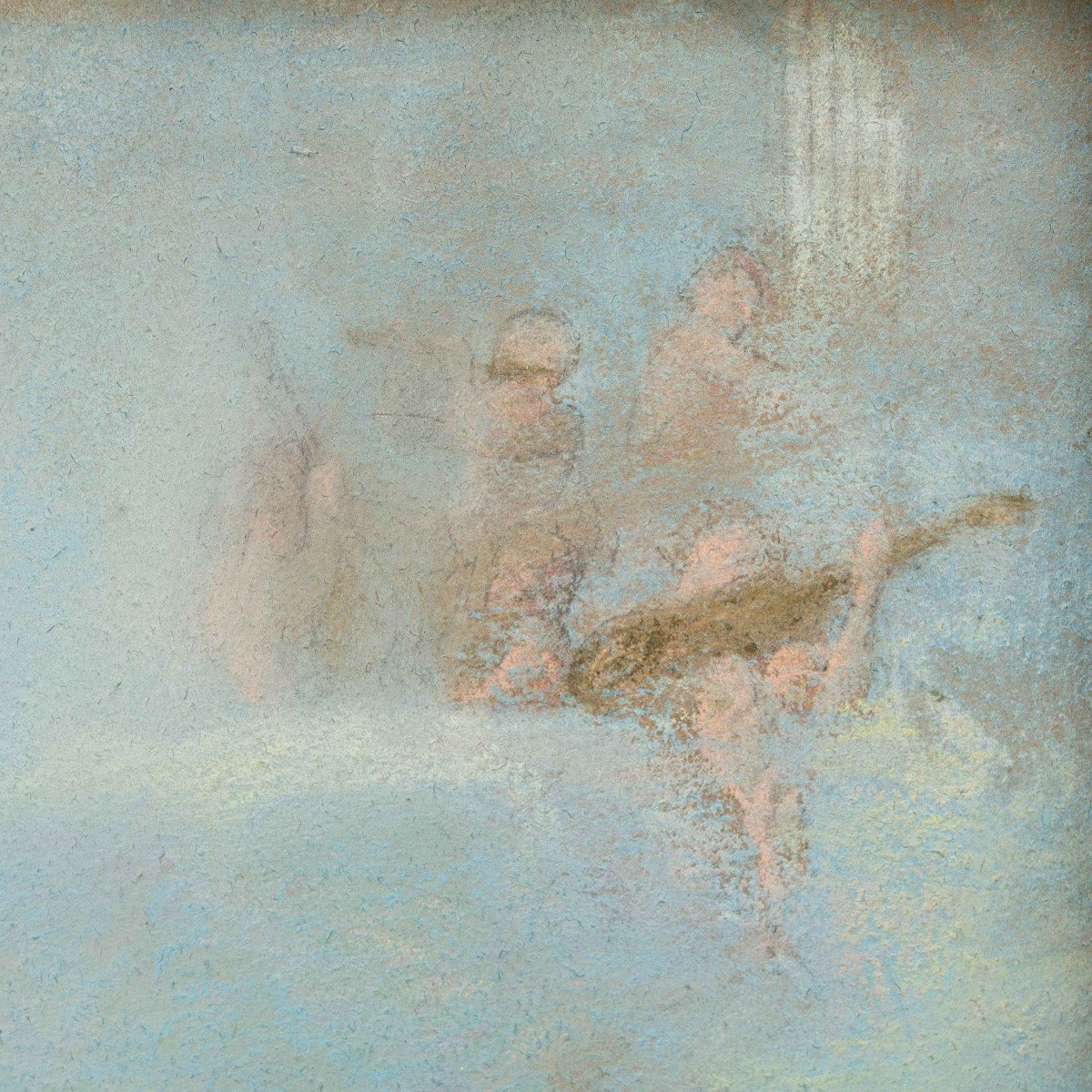
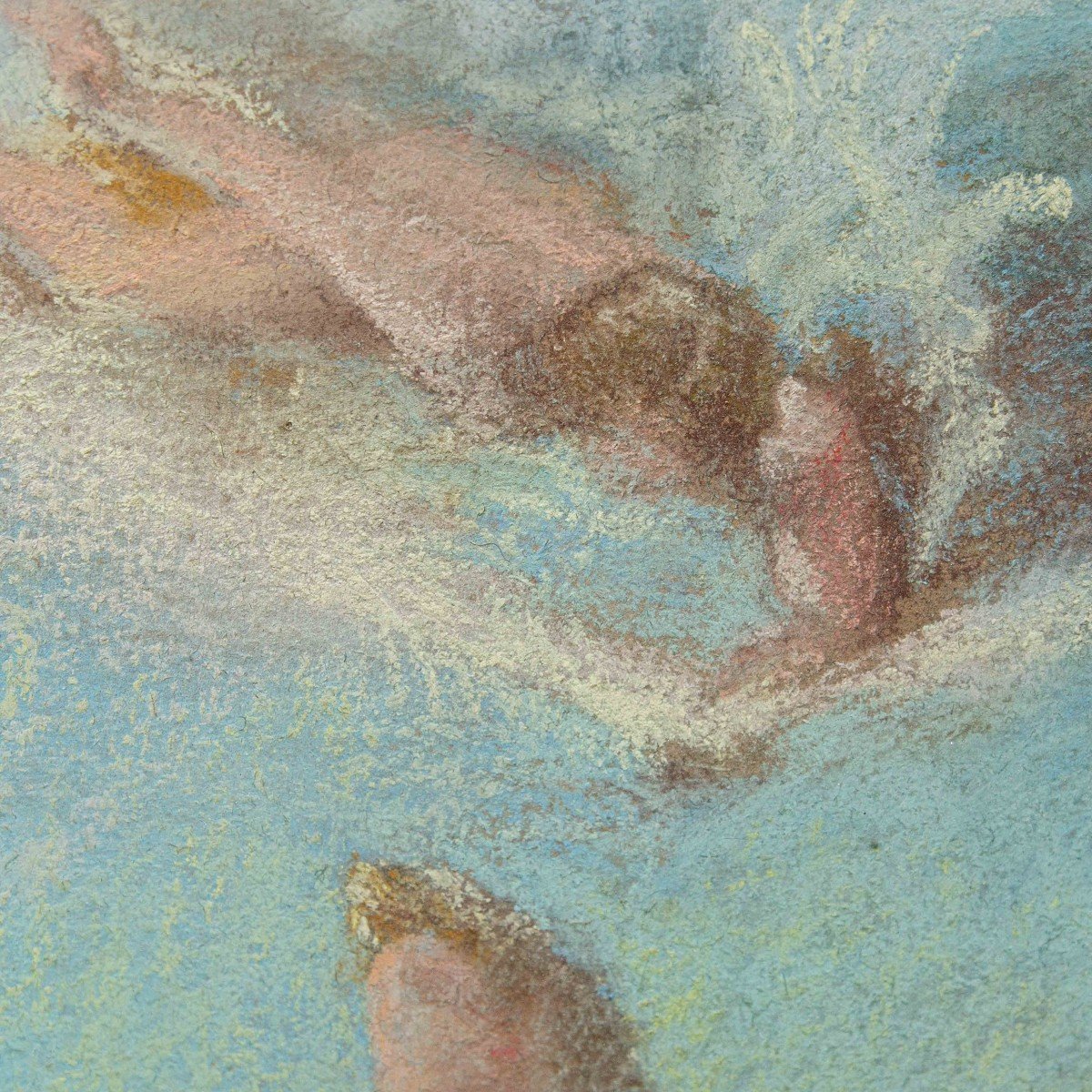

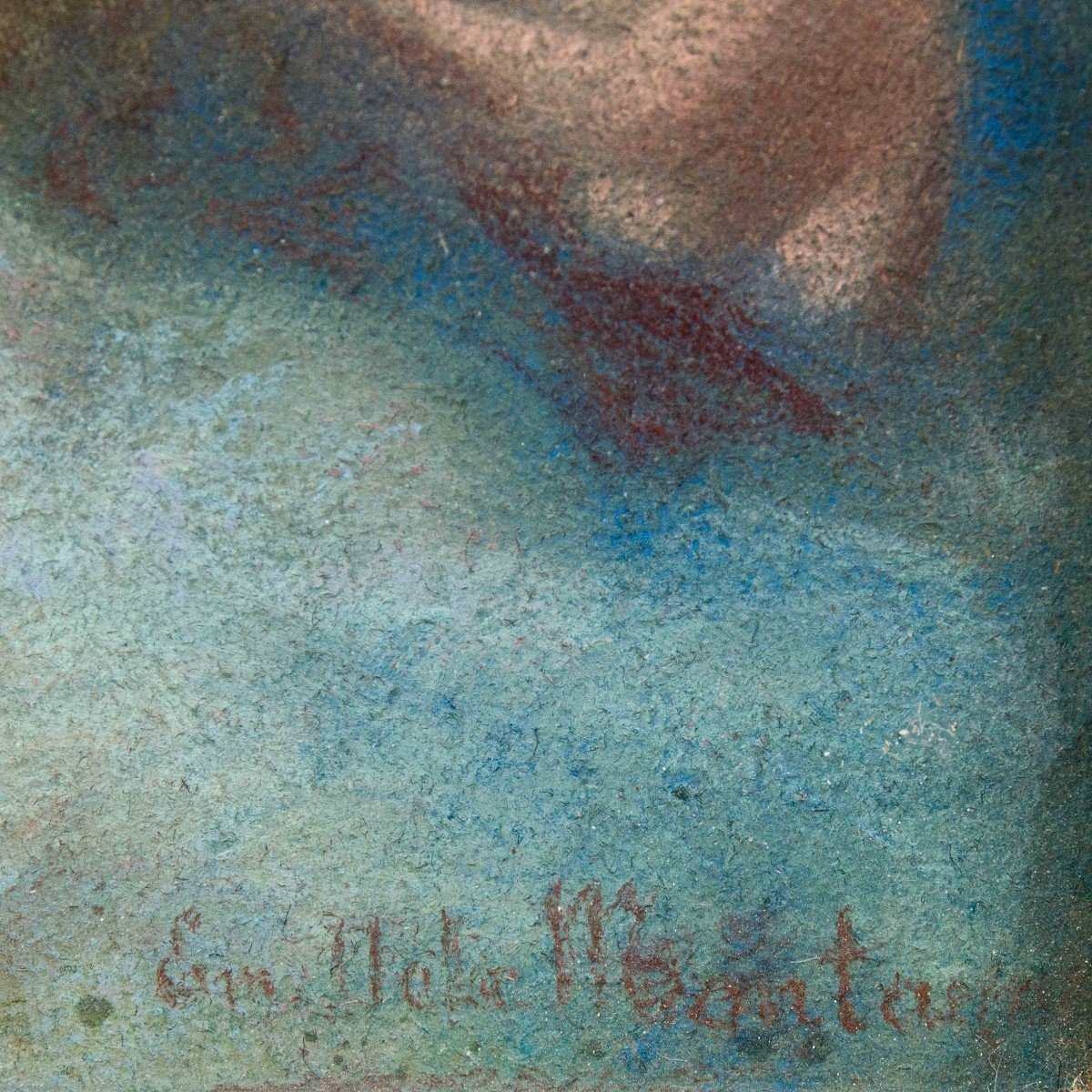
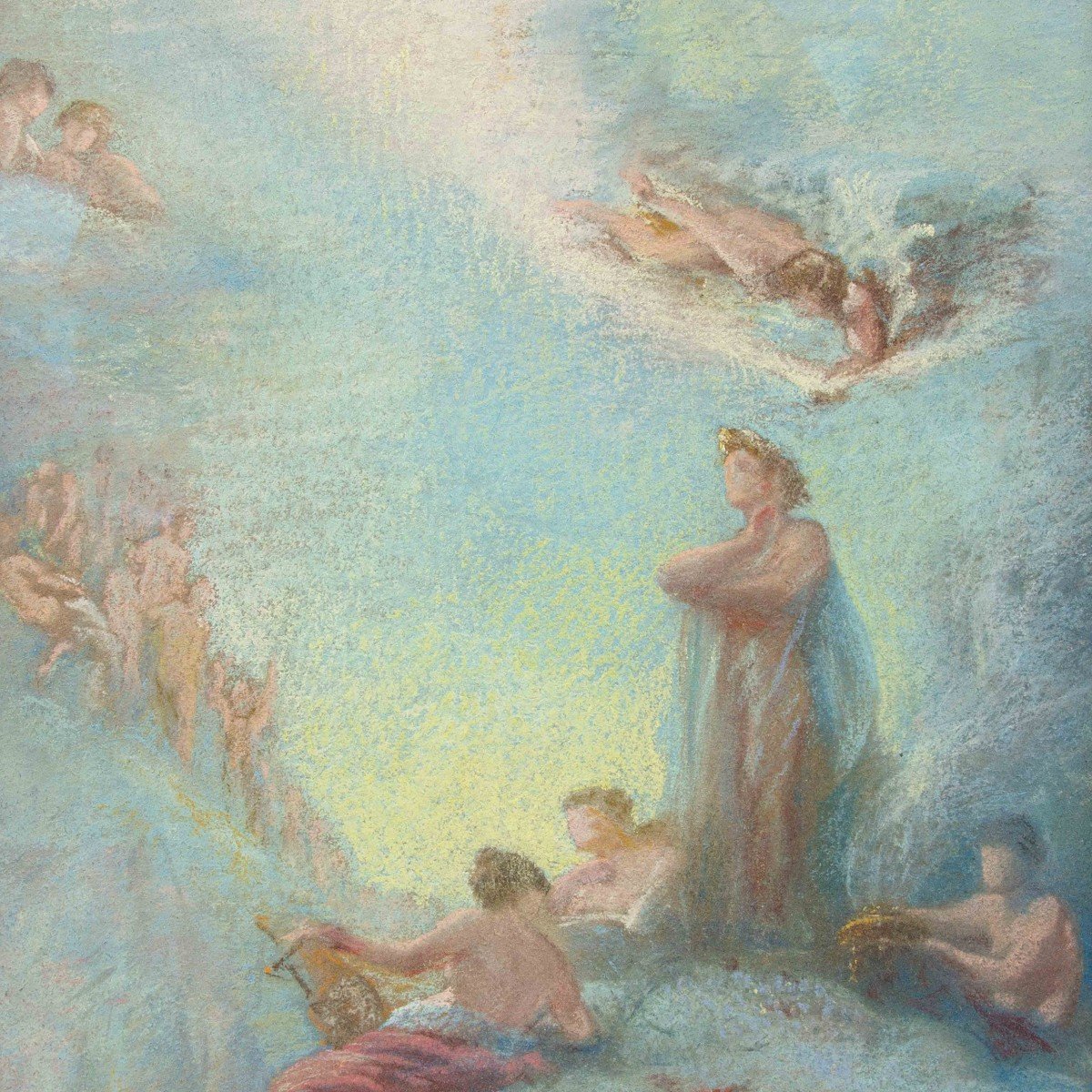
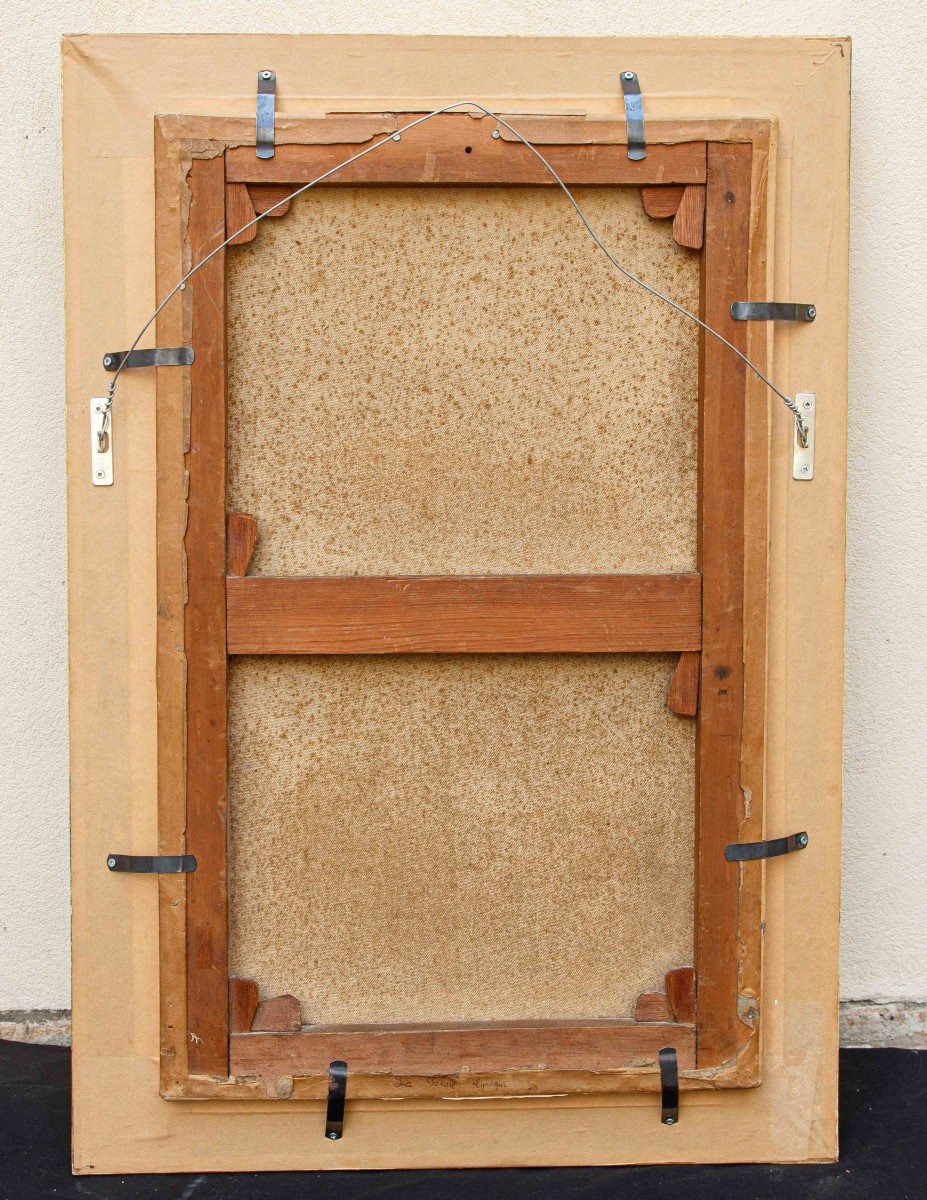














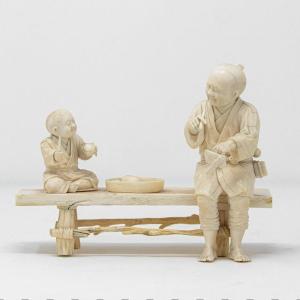
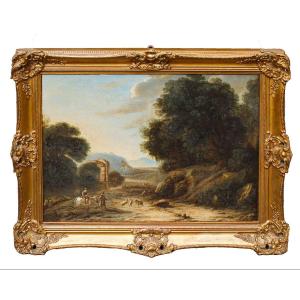

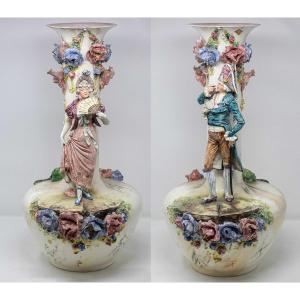

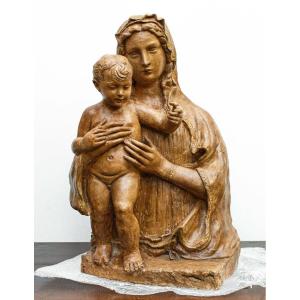
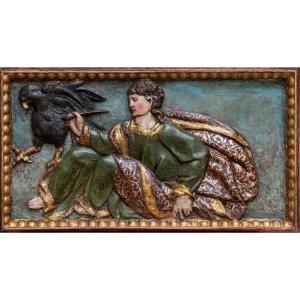

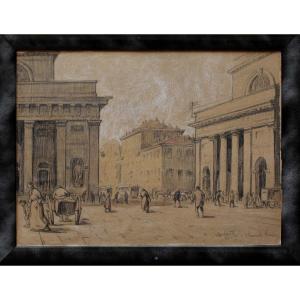
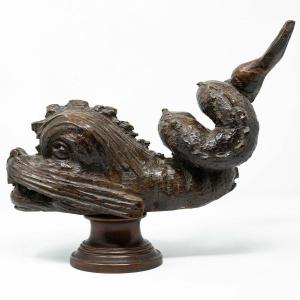






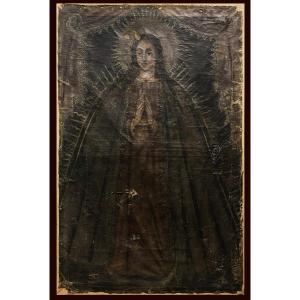

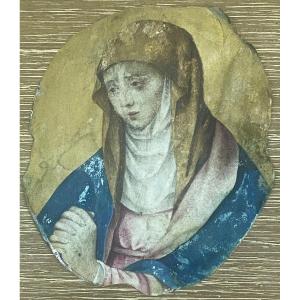




 Le Magazine de PROANTIC
Le Magazine de PROANTIC TRÉSORS Magazine
TRÉSORS Magazine Rivista Artiquariato
Rivista Artiquariato